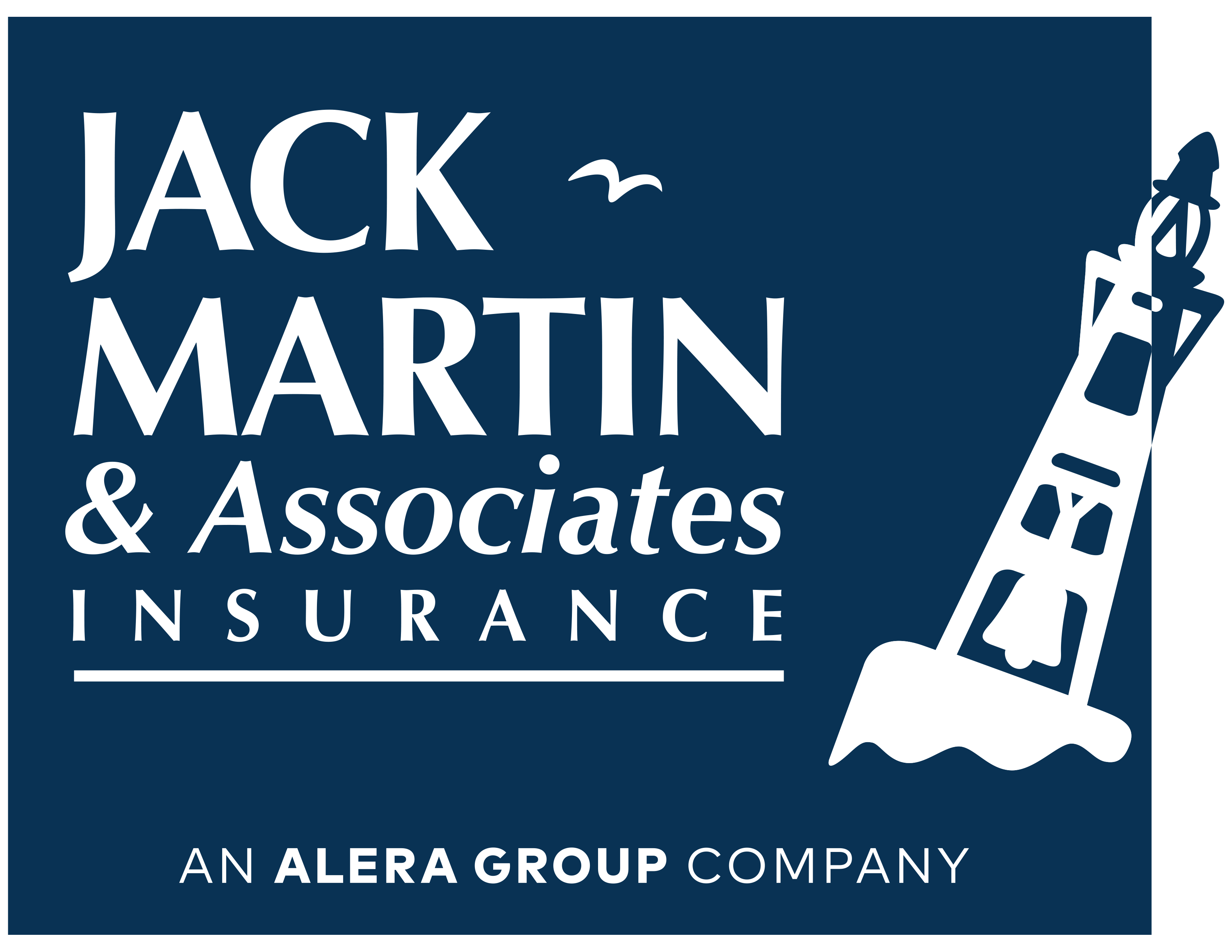Boat owners and the marine community should take proactive measures each year to minimize the potential for injuries and reduce damage to boats. ACE Recreational Marine Insurance has released its top ten list of important tips to help recreational boaters protect their vessels as well as other property on board during the hurricane season. “The best defenses to protecting your boat from hurricanes or any severe weather are planning, preparation and timely action,” said Damon R. Hostetter, Senior Vice President, ACE Recreational Marine Insurance. “It’s important for boat owners to be aware of preventative measures they can take during the hurricane season. Preparation and contingency plans should be in place before the hurricane season, and well in advance of an impending storm. Resources and time are limited once an active storm is headed your way.”
The following precautionary suggestions are guidelines to be used by the marine community to help prevent injury or possibly reduce property damage.
ACE Recreational Marine’s Top Ten Hurricane Safety Tips for Boaters
- Develop a detailed plan of action to secure your vessel in the marina (if permitted). Alternatively, you may remove your boat from the threatened area or take your boat to a previously identified storm refuge. Specifically identify and assemble needed equipment and supplies. Keep them together and practice your plan to ensure it works.
- Owners of trailerable boats should ensure their boat is loaded onto its trailer, well in advance of the storm. They should make certain to trailer or transport the boat on its trailer as far from the predicted storm path as possible.
- Owners of non-trailerable boats in wet storage have options that include the following:
- Secure the boat in the marina berth;
- Moor the boat in a previously identified safe area; or
- Haul the boat.
- Owners of boats remaining in a marina berth can take the following precautions: Double all lines. Rig crossing spring lines fore and aft. Attach lines high on pilings to allow for tidal rise or surge. Make sure lines will not slip off pilings. Inspect pilings and choose those that appear the strongest and tallest, and are installed properly.
- Cover all lines at rough points or where lines feed through chocks to prevent chafing. Wrap with tape, rags and rubber hoses or leather. Install fenders, fender boards or tires if necessary to protect the boat from rubbing against the pier, pilings and other boats.
- Fully charge the batteries and check to ensure their capability to run automatic bilge pumps for the duration of the storm. Consider backup batteries. Shut off all devices consuming electricity except bilge pumps, and disconnect shore power cables.
- When a hurricane is impending, and after you have made anchoring or mooring provisions, remove all portable equipment such as canvas, sails, dinghies, electronics, cushions, biminis and roller furling sails. Lash down everything you are unable to remove such as tillers, wheels and booms.
- Maintain an inventory of both the items removed and those left on board. Items of value should be marked so that they can be readily identified. You should also consider maintaining a video or photographic record of the boat and its inventory in a secure location other than the vessel itself for future reference.
- Consolidate all records including insurance policies, a recent photo of your vessel, boat registration, equipment inventory, and the lease agreement with the marina or storage facility. Ensure that you include the telephone numbers of appropriate authorities, such as the U.S. Coast Guard, Harbor Master, your insurance agent, claim reporting number of your insurance carrier, and keep them on hand.
- Do not stay aboard. Winds, during any hurricane, can exceed 100 mph and tornadoes are often associated with these
storms. Above all, safeguard human life.
